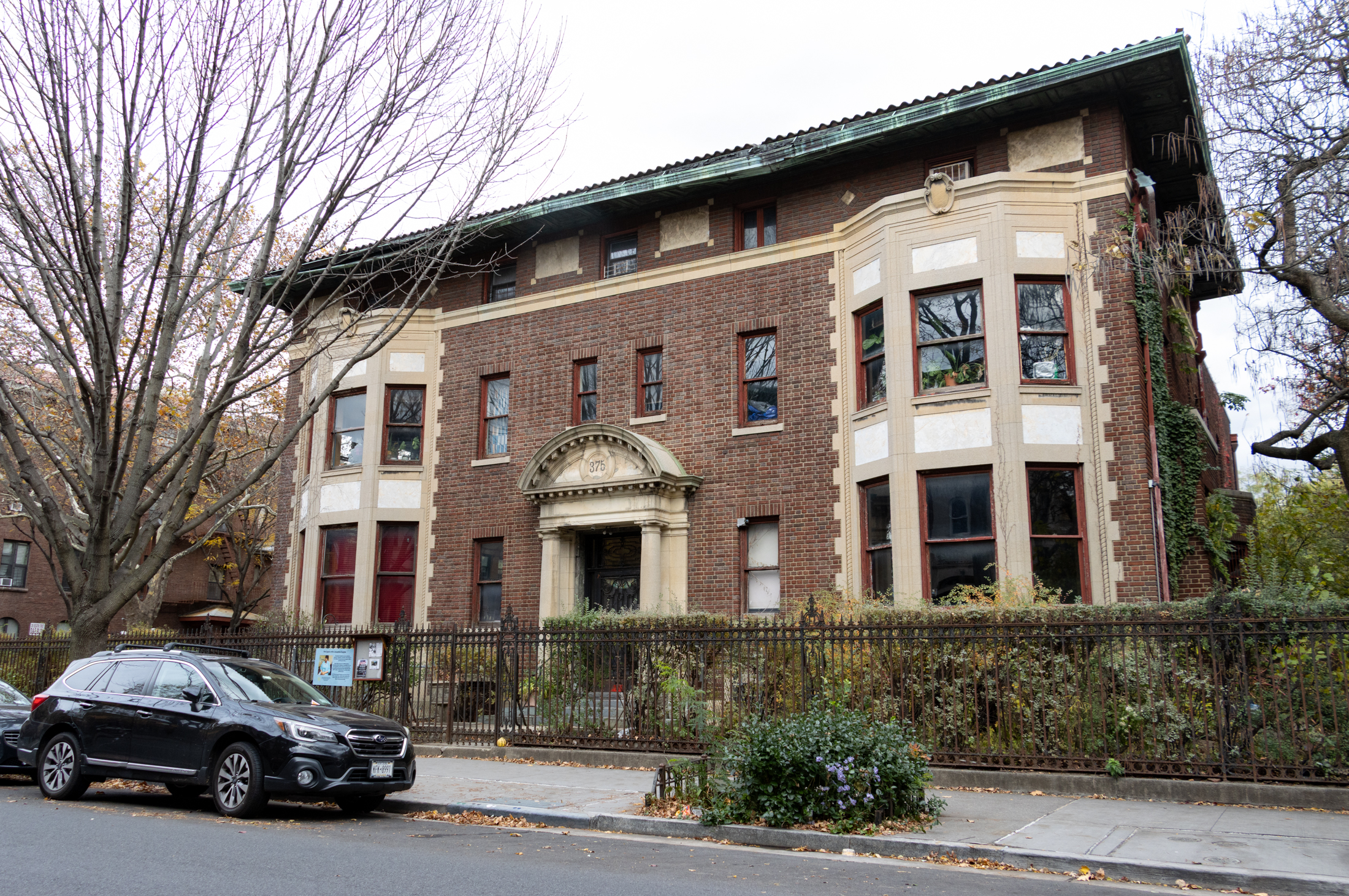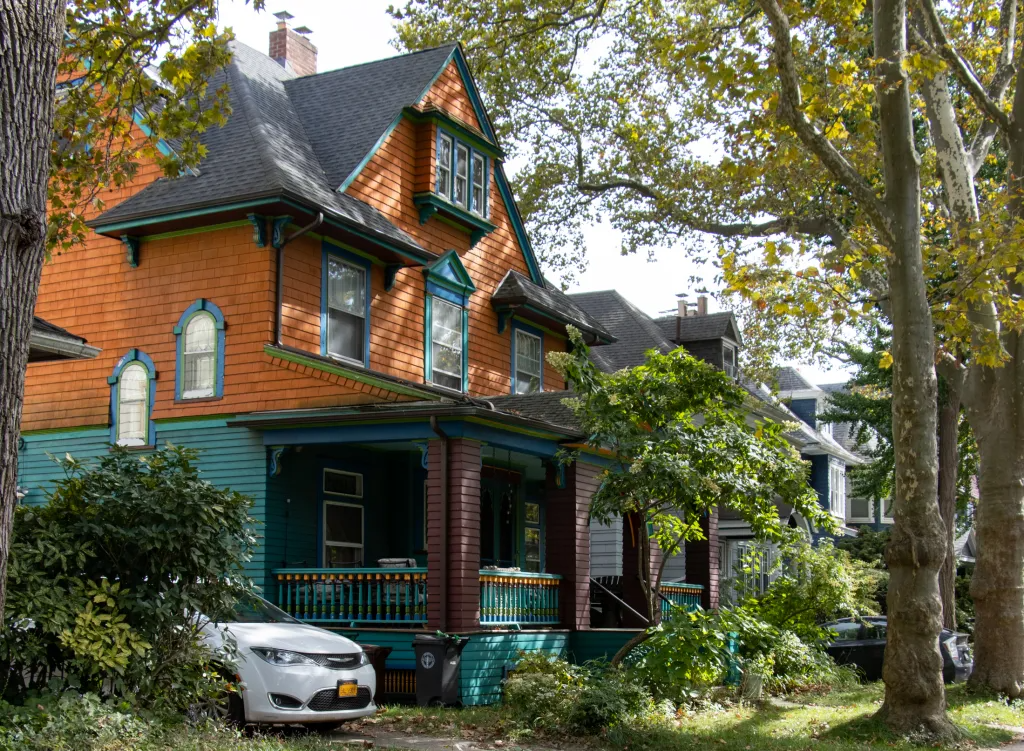Quote of the Day
When the government restricts return on any particular asset, that asset will be allowed to deteriorate until its value is low enough that it earns an acceptable return. If there is no value low enough, the asset will, one way or another, end up in the government’s hands and become a burden on taxpayers. Whoever…
![]() When the government restricts return on any particular asset, that asset will be allowed to deteriorate until its value is low enough that it earns an acceptable return. If there is no value low enough, the asset will, one way or another, end up in the government’s hands and become a burden on taxpayers. Whoever used the old saw “market failure” earlier in this discussion has successfully memorized a popular socialist catch phrase but does not appreciate the law of unintended consequences. If you force landlords to rent units at below market rents, the affected housing stock will slowly deteriorate. The remaining housing stock becomes prohibitively expensive, and new renters find it difficult or impossible to get into the below market units. The below market units effectively become a one-time property transfer from landlords (who actually took risk in buying and spend money for upkeep and repairs) to whoever had the dumb luck to be in a controlled apartment when the rules took effect. The controlled housing stock is tightly clutched in the hands of a less and less deserving population until it has to be pried from their dead hands, while over time the people who actually need affordable housing stock find it impossible to find because everything that isn’t being held until death is overpriced.
When the government restricts return on any particular asset, that asset will be allowed to deteriorate until its value is low enough that it earns an acceptable return. If there is no value low enough, the asset will, one way or another, end up in the government’s hands and become a burden on taxpayers. Whoever used the old saw “market failure” earlier in this discussion has successfully memorized a popular socialist catch phrase but does not appreciate the law of unintended consequences. If you force landlords to rent units at below market rents, the affected housing stock will slowly deteriorate. The remaining housing stock becomes prohibitively expensive, and new renters find it difficult or impossible to get into the below market units. The below market units effectively become a one-time property transfer from landlords (who actually took risk in buying and spend money for upkeep and repairs) to whoever had the dumb luck to be in a controlled apartment when the rules took effect. The controlled housing stock is tightly clutched in the hands of a less and less deserving population until it has to be pried from their dead hands, while over time the people who actually need affordable housing stock find it impossible to find because everything that isn’t being held until death is overpriced.
— by lechacal in Democratic Assembly Passes Pro-Tenant Legislation





NY/SF are two of the largest, most expensive cities in the United States. They may not be direct parallels but I don’t think comparing them is out of line.
But yes, as mentioned, I agree in general about rent control – it doesn’t work because it causes X number of people to just become forever entrenched in an apartment. It doesn’t allow for the rotation which is essential to a good rental property, both in terms of revenue and in terms of things like being able to do upgrades in between tenants.
I’m not blindly suckered by the occasional sob story … I just wish there was a better solution for, as an example, the random father of two who works a blue-collar job in Manhattan, but has to live in a project in the north Bronx. That sucks. Rent Control isn’t the answer, but I don’t think freeing the market completely is the right move either. Perhaps providing tax or other incentives to owners that want to make a percentage of their building affordable to lower income brackets might work? That way you’re not FORCING them to do it, but rewarding them for it.
How about instituting a very generous negative income tax, lower taxes for anyone making less than 100k and much higher taxes for anyone making over a million with no exceptions?
If any of this happens, I will happily take back my support of rent control.
“Everything lechacal said is spot on and steeped in proven economic and social history.
cw….the reasonable compromise in the middle is dictated by economic cycles. We do not live in a socialist country despite the Sheldon Silver’s of the state.”
DIBS in my short time trolling this site, I’ve known you to be a reasonable poster here. But I have to disagree here wholeheartedly.
We are living in a time where the natural economic cycle was upset by both greedy investors, stupid borrowers and predatory lenders. The market in NYC is such that now that Wall Street is on the brink of demise, our economy is shot. My opinion is that if the city really wants to strengthen its economy, it needs to diversify. You can’t have a majority — of which admittedly I’m a part of — paying 60% of their monthly expenses to rent. It leaves me with little else to spend my money on, and so local businesses are more inclined to go out of business.
I don’t pretend to have all the answers, but advising people to move to a city they can afford reeks of elitism and delusion . . . I happen to work in City Government and am required to be a resident of this city. Moreover, I shouldn’t have to tell you I don’t make a lot of money. Rhetorically speaking, what the hell am I supposed to do.
“If you force landlords to rent units at below market rents, the affected housing stock will slowly deteriorate.”
Not at all true. Look at San Francisco. Glorious, beautifully cared for rental housing, all of it under rent control and most “below market.”
“The remaining housing stock becomes prohibitively expensive.”
Also not true. I know economists love to say this, but rent control does not cause high prices. It is the other way round. Just look at cities without rent control. Or cities like Berkeley where rent control has been abolished. Prices have gone up, not down.
CMU, I’m fine with rent stabilization, but I’ve seen what you deem “fair” with regard to taxes. You’re hardly one to start appealing to fairness when you’d quite happily impose a unfair or punitive income taxes rates on those earning more than you. Puhleassse.
benson…I thought Pole was the champion of high density and all that crap. The post certainly sounded sarcastic but it didn’t sound like the Polemicist that I remeber.
cw…they already do in the form of taxes. The issue I have is that they are now trying to change the rules in the middle of the game. That can’t happen.
Getting apts back into stabilization is something that just won’t happen. Getting stabilization, caps or whatever these jackasses in Albany and the City Council may be thinking about for market rate apts will NEVER happen.
I think that a lot of this political rhetoric was just that. These things won’t really happen.
cmu, you’re wrong to assume that people opposed to rent control lack compassion or fairness. cut taxes for the lower and middle class? fine. give renters a tax break comparable to the morgage interest deduction? sure. build public housing funded with general tax dollars? ok. but please, scrap this system of rent control that accomplishes so little at such a high cost.
“I generally feel like it’s the moral obligation of the rich to shoulder more of the load, not just sum-wise but percentage-wise, than the non-rich”
CWB;
And exactly how does the current rent-control scheme accomplish this goal? Moreover, much of your goal is accomplished via the progressive income tax and the earned-income-credit. At what point do we stop with the redistribution of wealth, and allow liberty to flourish?
NYC vs. SF is apples vs. oranges.
People who wait tables don’t live in rent controlled apartments. They live in shares in market rate apartments with people they met on Craigslist (at least my friends who wait tables do). Many rent controlled apartments are occupied by people who are completely undeserving of public assistance or have no need whatsoever to live where they do. In fact, I would guess that people who wait tables actually have to live *farther* from work as a result of rent control, which artifically removes housing stock from the market and thus inflates rents on the remaining stock, forcing those with limited means even further out.
Of course whenever rent control is threatened some tenants’ association drags out the most pathethic elderly impoverished sob story they can find, but anyone with critical thinking skills should be able to recognize a red herring.